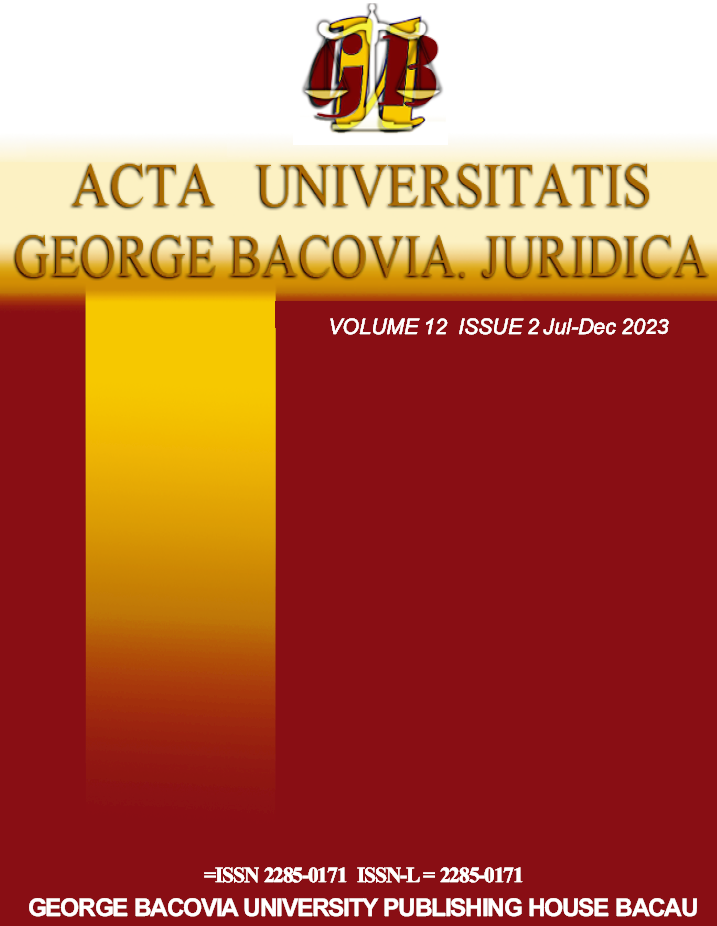Author(s): Alexandru Amititeloaie / Language(s): English,Romanian
Issue: 2/2023
Why do we need to talk about Cuza and not necessarily through the prism of its historical dimension but, above all, as an importance for the complex process that is taking place today in Romania along the lines of redefining the fundamental institutions of the State. Romania has become a member of the great European family, already going through an integration stage of over 16 years. However, the Romanian society and, to the same extent, the state institutions are still devastated, both as a result of the events at the end of 1989, and due to the uncontrolled convulsions that spread in all the existential components of the Romanian people. In all the difficult moments that the Romanian people went through, and the one we are experiencing now, unfortunately, is not too happy either, people of spirit invoked, as a reason for encouragement, hope and spiritual strength, the glory of the ancestors. Yes! We believe that the memory of the great statesman that was Alexandru Ioan Cuza and his great deeds could inspire today's political class to achieve a government much more attached to the national values and interests of the Romanian people. Cuza put, above all else, the national interest and when he could no longer serve it, he gave up with dignity the noble mission with which the people invested him, assuming a tragic destiny, animated, however, by only one desire:"to "May the country be better." How many of our dignitaries today would be capable of such a sacrifice? At the same time, through his deeds and through everything that shaped his personality as a skilled leader and loyal to the country, Al. I. Cuza proves to be a rather inconvenient factor even for today's occult circles which, unfortunately, have largely succeeded in enslaving the country to foreign interests. Cuza still maintains in the national consciousness, at least as an attitude, the idea of justice and honour, of faithfully serving the nation to which you belong, of dignity and non-dependence on foreign powers, of rejecting and sanctioning acts of treason and complicity against the national interest, etc. Precisely for this, a certain post-December historiography and a part of the media that I would call foreign to the nation and the country, tried to minimize the luminous figure with which the ruler entered the memory and consciousness of our nation. In other words, fire him. It is not the intention, declared "generous", to objectively reveal the historical past, that motivates these actions, it is not such a goal that pushed some so-called historians to bring to the forefront of social receptivity minor, unimportant facts from private life of the ruler and, at the same time, to keep silent his political and administrative acts that define his quality as leader. If we consider that, in recent years in Romania, the privileges and interests of some foreign powers have been reactivated, which Cuza, in his time, had succeeded, to some extent, in neutralizing them, we fully explain why his personality became the target of such aggressive attacks. Any other explanation would do nothing but insult our conscience. Here are just a few reasons why Cuza should not be forgotten and his personality and, above all, his deeds, which laid the foundations of the modern Romanian state, imprinting on it a development and an evolution in step with the requirements of the European progress of that time, must let us bow with gratitude and piety.
More...


